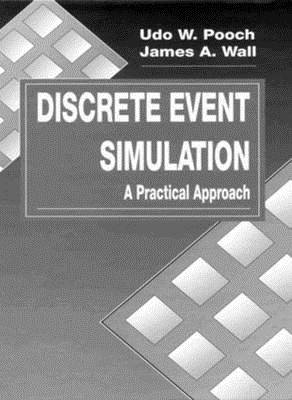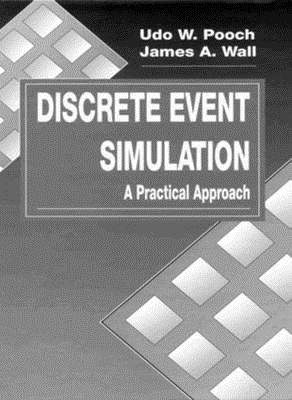
- Retrait gratuit dans votre magasin Club
- 7.000.000 titres dans notre catalogue
- Payer en toute sécurité
- Toujours un magasin près de chez vous
- Retrait gratuit dans votre magasin Club
- 7.000.0000 titres dans notre catalogue
- Payer en toute sécurité
- Toujours un magasin près de chez vous
Description
Discrete Event Simulation is a process-oriented text/reference that utilizes an eleven-step model to represent the simulation process from problem formulation to implementation and documentation. The book presents the necessary level of detail required to fully develop a model that produces meaningful results and considers the tools necessary to interpret those results. Sufficient background information is provided so that the underlying concepts of simulation are understood. Major topics covered in Discrete Event Simulation include probability and distributional theory, statistical estimation and inference, the generation of random variates, verification and validation techniques, time management methods, experimental design, and programming language considerations. The book also examines distributed simulation and issues related to distributing the physical process over a network of tightly coupled processors. Topics covered in this area include deadlock, synchronization, rollback, event management, and communication processes. Fully worked examples and numerous practical exercises have been drawn from the engineering disciplines and computer science, although they have been structured so that they will be useful as well to other disciplines such as economics, business administration, and management science. The presentation of techniques and methods in Discrete Event Simulation make it an ideal text/reference for all practitioners of discrete event simulation.
Spécifications
Parties prenantes
- Auteur(s) :
- Editeur:
Contenu
- Nombre de pages :
- 432
- Langue:
- Anglais
- Collection :
- Tome:
- n° 4
Caractéristiques
- EAN:
- 9780849371745
- Date de parution :
- 21-12-92
- Format:
- Livre relié
- Format numérique:
- Genaaid
- Dimensions :
- 166 mm x 243 mm
- Poids :
- 725 g

Les avis
Nous publions uniquement les avis qui respectent les conditions requises. Consultez nos conditions pour les avis.






